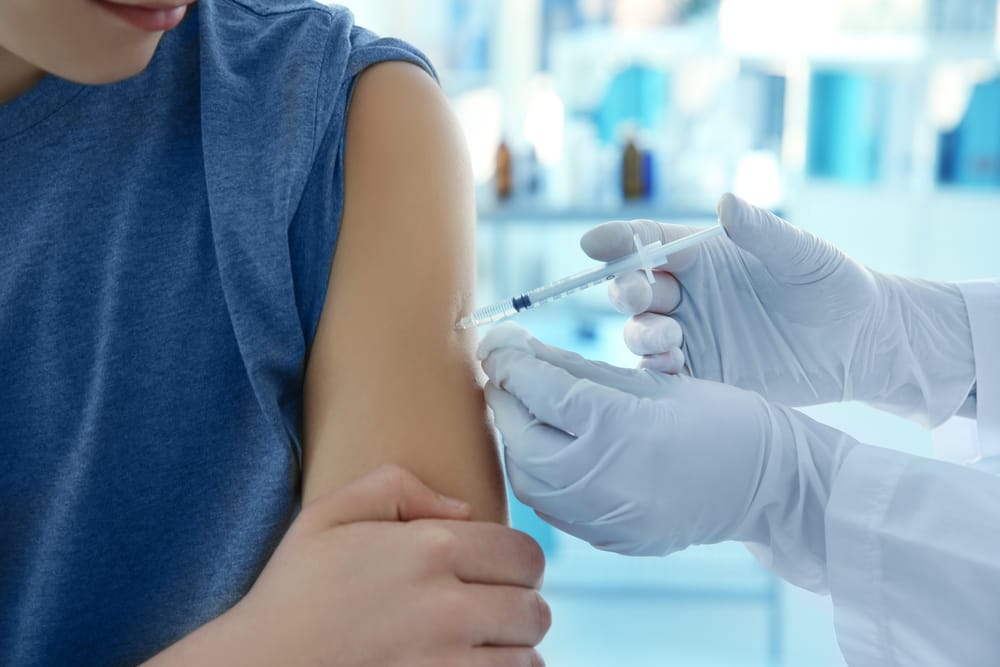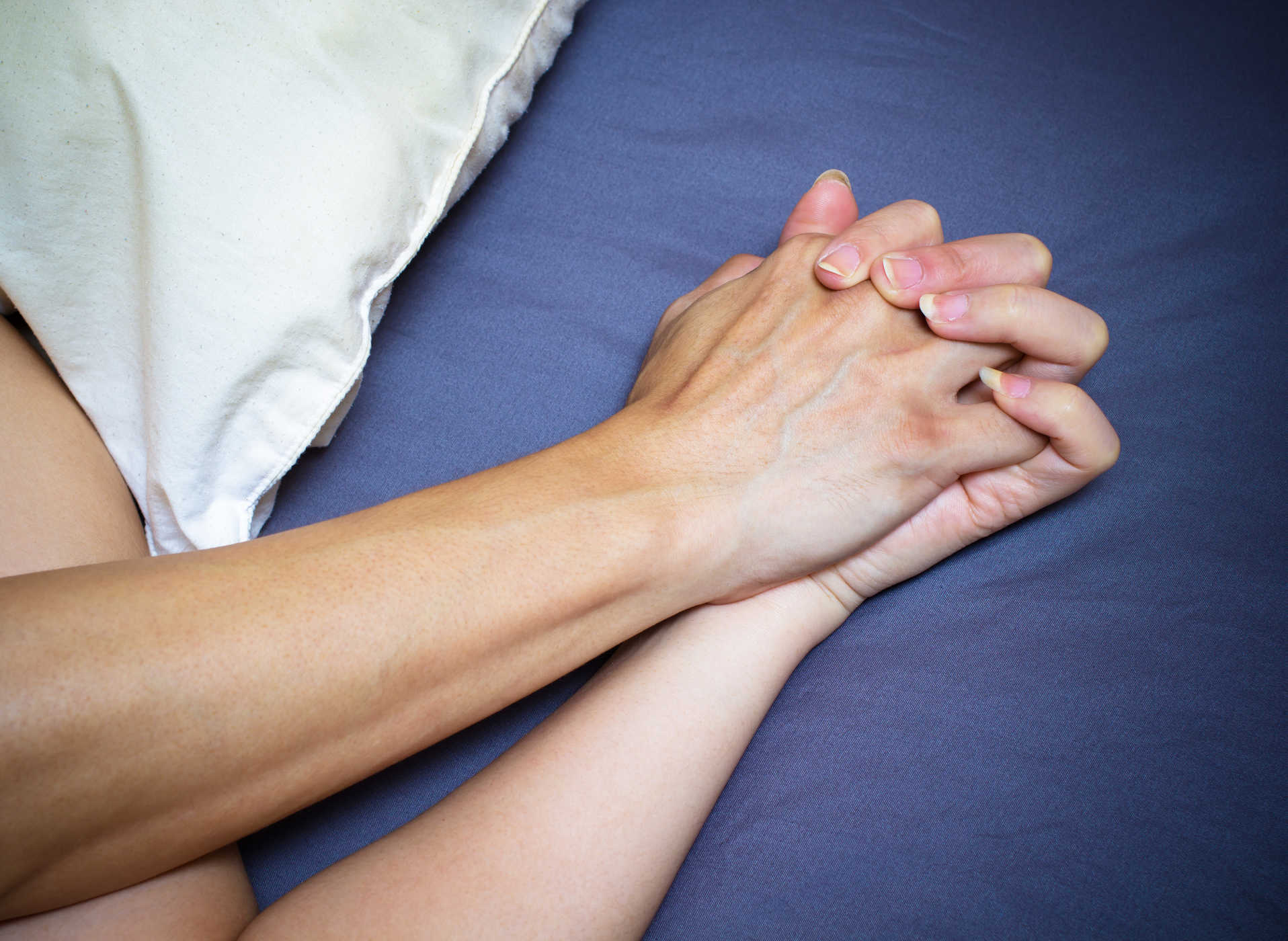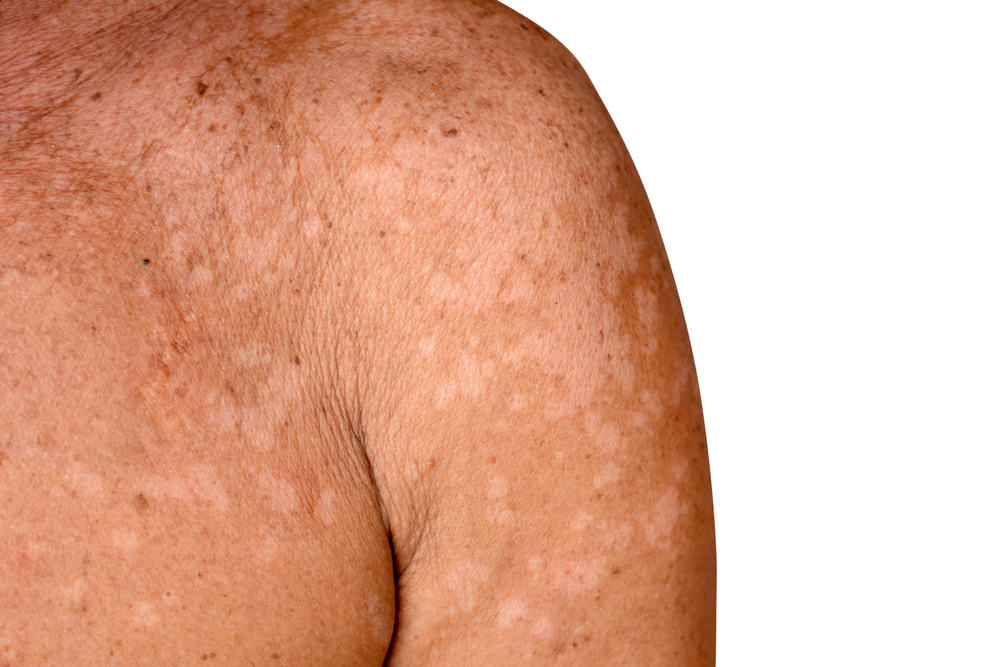Contents:
- Medical Video: How Childhood Trauma Can Make You A Sick Adult
- Eating disorders in bullying perpetrators and victims
- Relationship between eating disorders and bullying events
- The danger of eating disorders in one's health and life
- When should you see a doctor if you have an eating disorder?
Medical Video: How Childhood Trauma Can Make You A Sick Adult
If you are the type of person who is obsessed with weight problems, even though you clearly look slim or thin, maybe you have an eating disorder. A person who is overly worried about his weight and has an eating disorder can be a victim bullying (shielding) or even bullying actors themselves. How come? Here is the answer from experts.
Eating disorders in bullying perpetrators and victims
According to research published in the International Journal of Behavioral Nutrition and Physical Activity, someone who has been bullied as a victim of bullying or perpetrators tends to be obsessed with weight loss compared to those who have never been involved in bullying.
The University of Warwick Research Team conducted a study involving 2,800 high school students in the UK. In this study, it was found that there were 800 students involved in bullying behavior, both as perpetrators of bullying or victims. The students involved in this study were given questions about their thoughts and behavior about diet, exercise, self-esteem, body shape, and their feelings through a questionnaire.
The results found that those who had been involved in bullying tended to be obsessed with losing weight. Even more than half of the victims of bullying make extreme weight loss.
According to Danielle Shelov, a psychologist who specializes in eating problems, says that an obsession with certain diets, such as bulimia or anorexia, is not always about food itself. It is precisely in this case more because of the problem of loss of control or control. Someone who has done bullying or become a victim of bullying should be able to control their eating habits and diet. However, over time these unhealthy eating habits will become an obsession that causes eating disorders and weight problems.
Relationship between eating disorders and bullying events
The victims of bullying, according to Danielle Shelov, want to adjust to other friends. So when they become bully victims because of body shape problems, the bully victims think that by losing weight, bullying against them will stop.
Likewise with bullying. Bullying women may want to show other people, including victims, that they have a very slim body so they have to go through various ways to be thin. Whereas male bullying who want to show their muscles and body strength also finally do everything they can to get the desired body shape, even though the way is not healthy.
By lowering and making fun of other people's body shapes, bullying actors will feel a little better about their own body shape. Even though maybe at first the culprit had more serious body image problems and eating disorders than the victim.
Bullying does not only occur in schools, colleges, offices, or on the road. Today, bullying actually occurs more frequently on social media through the comment column. Therefore, if you or the people closest to you experience bullying or do this often, you should immediately seek professional help. For example psychologists, school counseling teachers, nutritionists, and doctors.
The danger of eating disorders in one's health and life
If you don't get medical treatment both physically and psychologically, eating disorders can cause serious illness and even death. Along with weight loss, teenage girls who have eating disorders and cause anorexia nervosa in themselves can disrupt their menstrual cycle, even the worst they will experience amenorrhea.
What is amenorrhea? Conditions in which women who should get menstruation do not get menstruation. ‘The loss of this menstruation is associated with osteopenia and bone loss. Eating disorders are also associated with other serious health problems, such as kidney disease and heart disease.
When should you see a doctor if you have an eating disorder?
If you feel that you have an eating disorder, talk to your doctor immediately. The sooner you get medical and psychological care, the faster you go to recovery. Don't wait until you feel tired, nauseous, vomiting, or frustrated. Invite someone you trust to discuss this problem.
If you suspect that a family member or friend has an eating disorder, invite them to talk about the problem, suggest that they immediately see a doctor.













